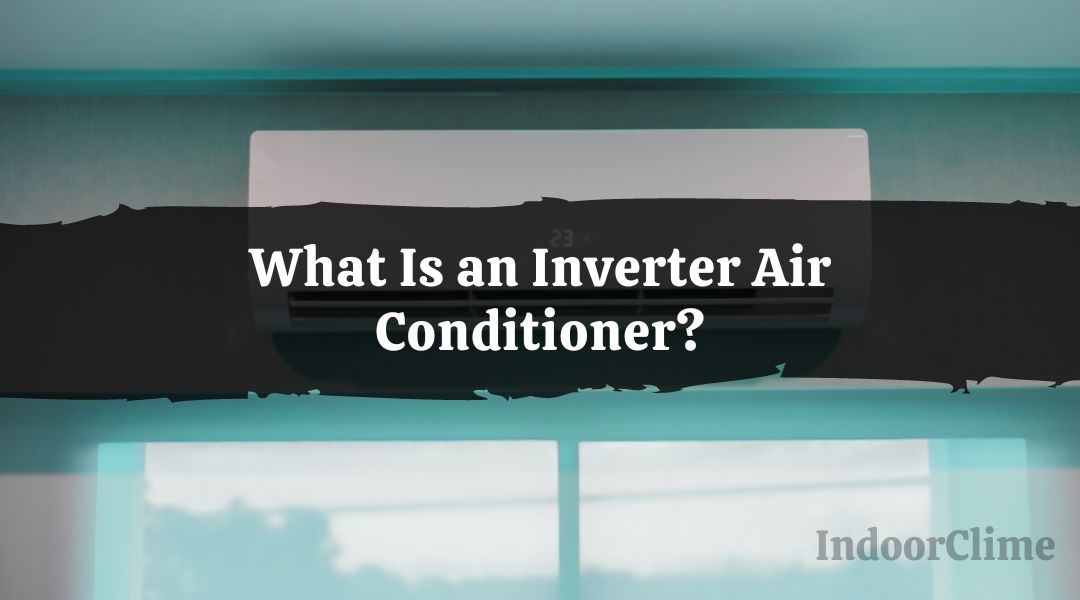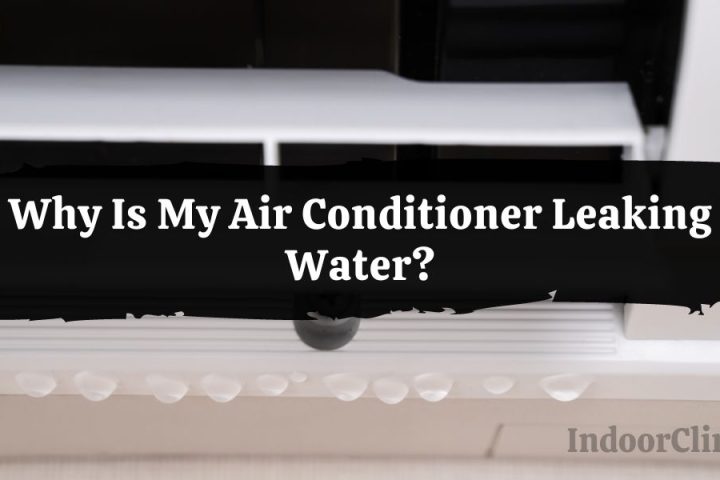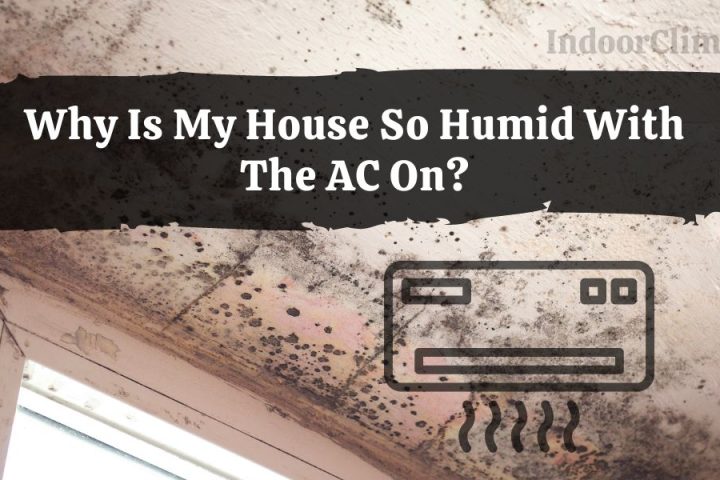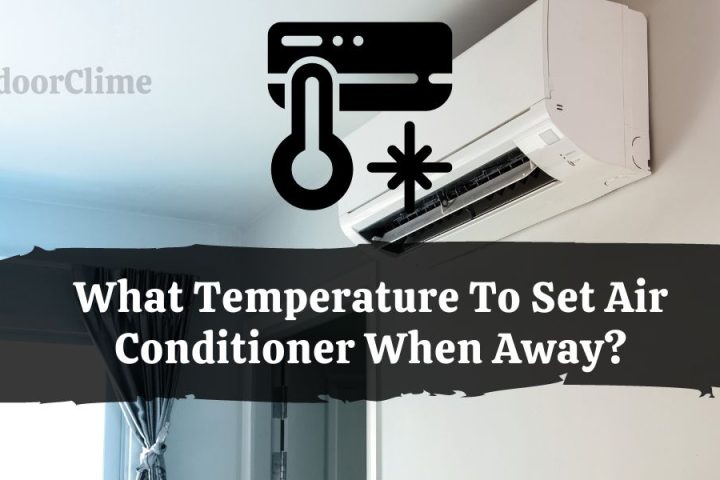Inverter air conditioners are a type of cooling system growing in popularity. Many people are curious about what they are and what makes them different from other air conditioners.
This article will explore the basics of inverter air conditioners and explain why they might be a good choice for your home.
What Is an Inverter Air Conditioner?
An inverter air conditioning unit is an air conditioner that uses an inverter to control the compressor’s speed. It makes it different from other air conditioners using a fixed-speed compressor.
It converts direct current (DC) into alternating current (AC). The AC has then used to power the compressor. The inverter controls the compressor’s speed, which means it can run slower when the air conditioner does not need to cool the room as much.
It can save you money on your energy bill because the air conditioner will not have to work as hard when it does not need to. It also means the air conditioner will be quieter because the compressor will not always run at full speed.
What Are the Benefits of Inverter Air Conditioning?
Buying and owning a home is a significant investment. So is central air conditioning. So, research and select which AC unit will work best for you and your family.
One of the most popular these days is inverter AC units. With so many options for inverter AC units, it can be hard to know where to start.
To help you, I compiled a list of things to consider when purchasing an inverter air conditioner.
Inverter air conditioning units offer several benefits over traditional air conditioners, including:
Lower energy bills
Inverter air conditioning units are more energy-efficient than traditional units because they do not have to work as hard to cool your home.
They also generate less heat, which can help lower your energy bills even further.
Improved indoor air quality
Inverter air conditioners circulate air more effectively, which can help improve the air quality in your home. It is essential for people with allergies or asthma.
Longer lifespan
Inverter air conditioners tend to have a longer lifespan than traditional units because they do not have to work as hard. It means that you will not have to replace your air conditioner as often, saving you money in the long run.
Flexible speed options
Inverter air conditioners offer flexible speed options, meaning you can choose how fast or slow you want the unit to run.
It is an excellent feature that you can consider if you have a small space that you need to cool quickly or if you will save energy by running the unit at a lower speed.
Quiet operation
Inverter air conditioners operate more quietly than traditional units because the compressor does not have to turn on and off as often.
Less wear and tear
Since inverter air conditioners run at a lower speed most of the time, they put less strain on the system, prolonging its life. That way, you will not have to replace your unit as often.
What Is the Difference Between Inverter and Non-Inverter Air Conditioners?

The critical differences between inverter and non-inverter air conditioners are:
- Inverter air conditioners have a variable speed compressor, while non-inverter air conditioners have a fixed speed compressor.
- Inverter air conditioners are more energy-efficient than non-inverter units because they can run slower when the room does not need to be cooled as much.
- Inverter air conditioners tend to be quieter than non-inverter units because the compressor does not have to be on and off as often as non-inverter units.
- Inverter air conditioners have a longer lifespan than non-inverter units because they do not have to work as hard.
- Inverter air conditioners offer flexible speed options, while non-inverter units only have one speed.
What Are the Disadvantages of Inverter AC?
Inverter air conditioners have a few disadvantages, including:
First, the upfront cost is more expensive.
Inverter air conditioners typically cost more than traditional units because they are more energy-efficient. However, you can save money in the long run because you will not have to replace your air conditioner often, and your energy bills will be lower.
Installation can be more complicated.
Because inverter air conditioners are more complex, they can be more challenging to install. Therefore, hiring a qualified professional to install your unit is essential to ensure it is done correctly.
It takes longer to cool a room.
Inverter air conditioners take longer to cool a room than traditional units because they run slower. However, the unit will maintain the temperature more effectively once the room is cooled.
It is harder to find replacement parts.
Inverter air conditioners are relatively new, so it can be challenging to find replacement parts if something goes wrong. However, more and more brands are rising, slowly changing as more inverter models are offered in the market.
Proprietary parts can also be an issue.
Proprietary parts can be an issue with inverter air conditioners. Inverter units are typically more complex than traditional ones, so finding replacement parts can be challenging if something goes wrong. However, with the increase in manufacturers, this is slowly changing.
Factors to Consider in Buying the Best Inverter Air Conditioners?
There are a couple of considerations to keep in mind when choosing an inverter air conditioner, including:
- The size of the unit: Inverter air conditioners come in various sizes, so choosing an appropriately sized one for your space is essential. If you get a unit that is too small, it will not be able to cool your room effectively. On the other hand, if you get one too large, it will cool the room too quickly and then cycle off, wasting energy.
- The features: Inverter air conditioners have various features, so choosing one with your desired features is essential. Some units have timer functions, remote controls, and different speed settings.
- The price: Inverter air conditioners typically cost more than traditional units, so it is essential to compare prices. In addition, you can find a variety of inverter air conditioners at different price points, so it is necessary to find one that fits your budget.
- The warranty: Inverter air conditioners come with different options, so selecting one with a warranty that meets your needs is essential. Some units have shorter warranties than others, so it is necessary to read the fine print before you buy.
- The noise level: Inverter air conditioners tend to be quieter than traditional units, but some models are louder than others. If the noise level concerns you, choosing a specifically designed unit to be quiet is essential.





